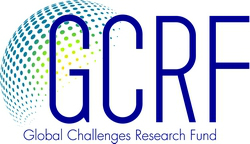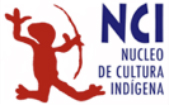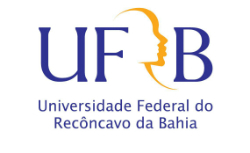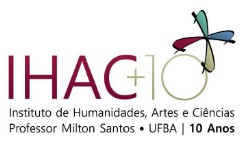
Racism and anti-racism in Brazil: the case of indigenous peoples
This Research Network brings together indigenous leaders, indigenous and non-indigenous intellectuals, and academics from the Humanities and Social Sciences working in Brazil and the UK, with a view to discuss the rise in racism and violence against indigenous peoples in Brazil, as well as strategies to resist it and contain it.
Guided by recent theoretical debates on racism (including environmental and cultural racism) and environmental violence, as well as by the natives’ own views, as discussed in loco and expressed in political documents and artistic works, this project will ask questions such as:
- Why is racism against native populations growing so dramatically in contemporary Brazil in contradiction with politics of social-economic inclusion?
- Is racism a useful category to analyse current attacks against the native populations?
- How do cultural and environmental racism relate to racism more broadly? How is racism against native peoples propagated in the media and creative arts?
- How can the media and creative arts (including native media and arts) help to contain and revert the current increase in racism against native peoples?
- In which ways do the current economic and ecological pressures on the Amazon fuel (and are fuelled by) racism?
- How are indigenous leaders and their communities seeing the current rise in prejudice against them?
- How are they resisting it?
- What tools can traditional native knowledge bring to the debate about racism and the environment?
- What tools can current theories about race and ethnicity/indigeneity in Latin America bring to discussions about racism and prejudice against native peoples in Brazil?
- Can changes in the education system and school curricula help contain or revert the current rise in racism against native peoples?
- How does racism against native people relate to racism against Black rural communities and maroon communities?





